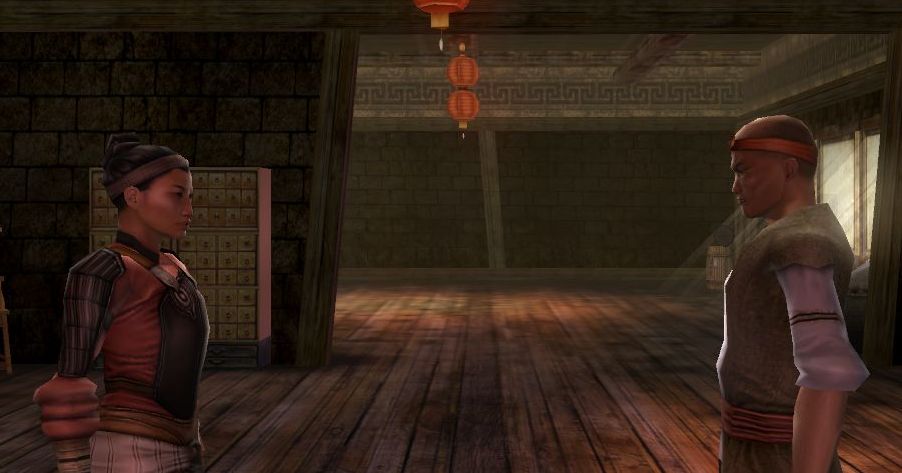
They’ll challenge you, support you and make you a better person. But it’s not just any old match - it’s the person who’s going to help you fulfill your divine purpose. These are people who didn’t have a religious upbringing and started their religious journey later in life.īashert: Bashert is the Yiddish term for soulmate, your honey bunny, your partner in crime.

With so many responsibilities and a range of clientele who identify as everything from Orthodox to Flexidox (more on that later) and beyond, who better to give us a crash course in Jewish dating than the expert herself? Below, in Aleeza’s own words, are her own relationship mantras, relevant Jewish terms, and the customs and practices that come up within this season’s love stories.Īshkenazi Jews: These are the Jews who hail from Eastern European countries like Poland and Russia, and who brought with them to America some of the most delicious and comforting Jewish foods you can imagine, like brisket, gefilte fish and matzah ball soup.īaal teshuva: A fancy way of saying “late bloomer” in the Jewish world. Which job does she have? All of them, of course. It’s closing the deal and either you get married or if it’s the wrong match, they help you to realize that you should walk away from it.” They mentor you, talk and walk you through and help you when you’re having challenges. “A common myth is that a matchmaker sets you up and, ta-da, that’s your person,” Aleeza tells Tudum. The matchmaker and dating coach at the center of Jewish Matchmaking has helped guide more than 200 singles to their soulmate - and she’s not slowing down anytime soon.


Luckily, there’s no better teacher than Aleeza Ben Shalom. So whether you’ve been through the process yourself or regularly confuse a mikvah with a mitzvah, rest assured that we all have more to learn. With a history stretching back centuries, the Jewish tradition of matchmaking has a love language all its own.


 0 kommentar(er)
0 kommentar(er)
